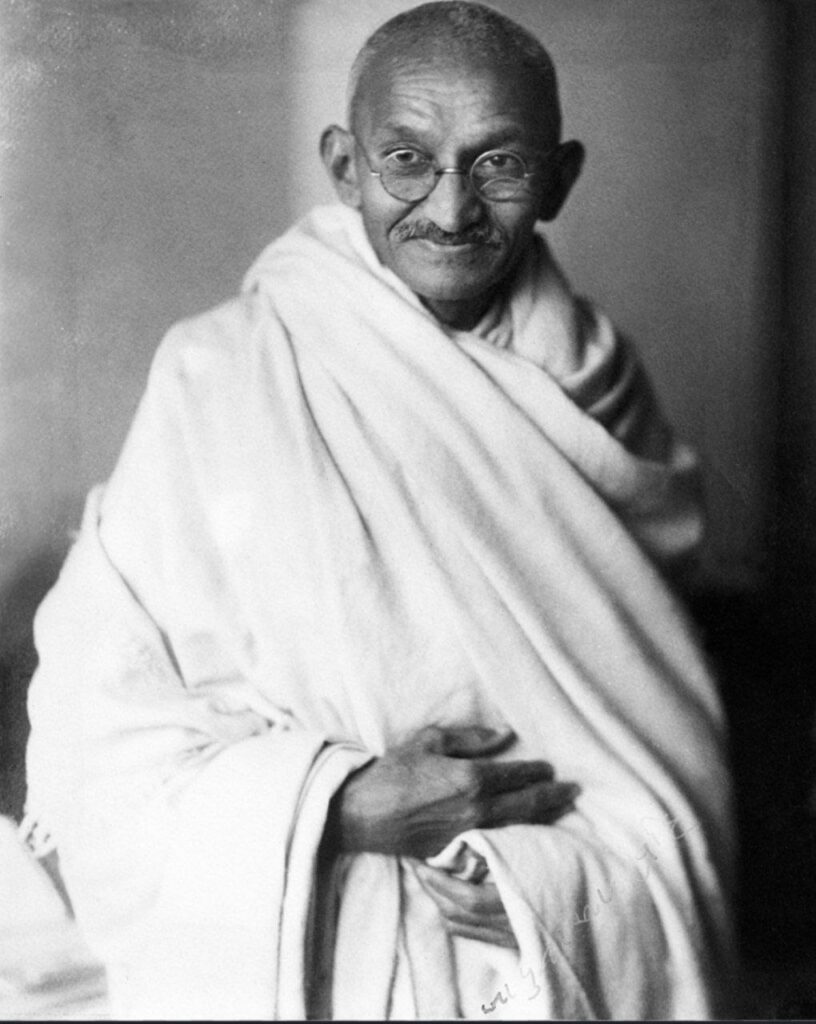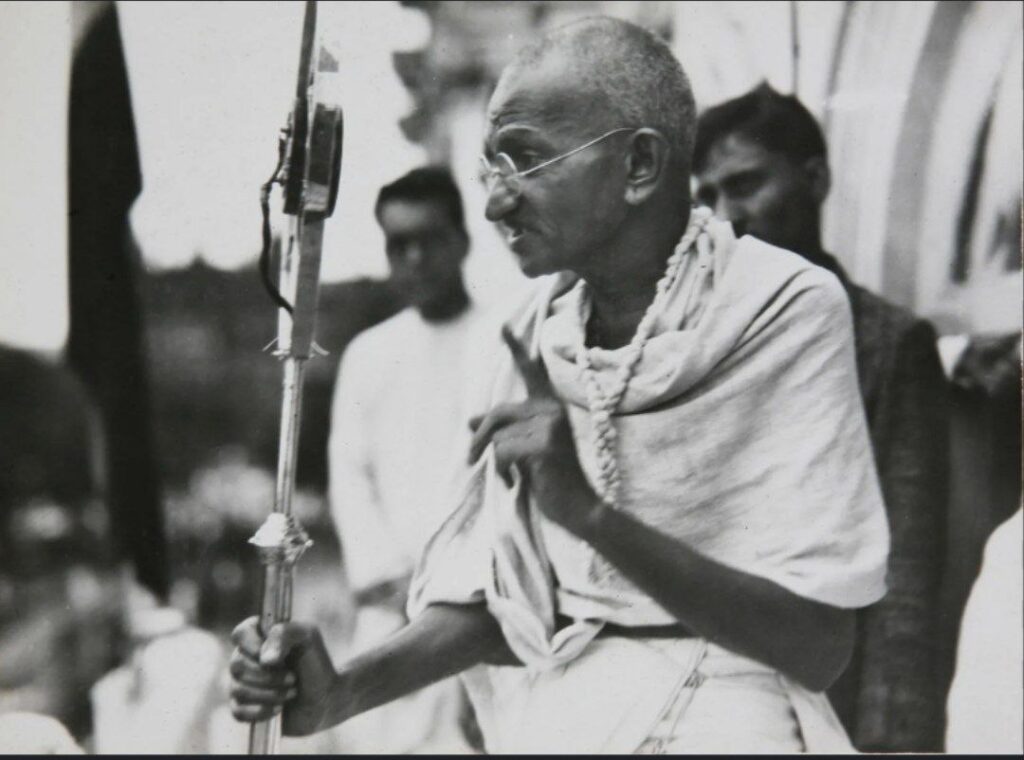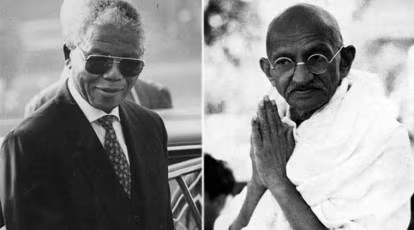Mahatma Gandhi is World known personality
Mahatma Gandhi, a name synonymous with non-violent resistance and the struggle for India’s independence, was a global figure long before his life was immortalized in the Academy Award-winning film “Gandhi” in 1982. His impact and philosophy resonated far beyond the borders of India, influencing movements and leaders worldwide. This article explores how the world came to know and revere Mahatma Gandhi before the cinematic portrayal brought his story to a wider audience.

Early International Recognition
Gandhi’s journey as a global icon began in South Africa, where he lived from 1893 to 1914. It was here that he first employed the principles of Satyagraha, or non-violent resistance, in fighting against racial discrimination. His successful campaigns against oppressive laws caught international attention, especially in Britain, where newspapers and political figures began to take note of his methods and achievements.
Influence on Global Leaders
Gandhi’s philosophy of non-violence and civil disobedience influenced numerous global leaders and movements. Martin Luther King Jr., the leader of the American civil rights movement, was profoundly inspired by Gandhi. King visited India in 1959 to deepen his understanding of Gandhi’s teachings, which significantly shaped his own strategy for combating racial segregation and injustice in the United States.

Nelson Mandela, who led the fight against apartheid in South Africa, also drew heavily on Gandhi’s principles. Mandela acknowledged Gandhi’s impact on his thinking and strategy, recognizing the power of peaceful resistance in the face of brutal oppression.

Today we are faced with the formidable task of reconstructing our country anew. Now more than ever is the time when we have to pay heed to the lessons of Mahatma Gandhi.
Nelson Mandela about Gandhi
“I learned that courage was not the absence of fear, but the triumph over it. The brave man is not he who does not feel afraid, but he who conquers that fear.
Nelson Mandela (On Gandhi’s philosophy of nonviolence)
We must learn from the weak and the forgotten of things, and harness to our revolution the inexhaustible strength of the poor and the downtrodden.
Nelson Mandela (On Gandhi’s approach
Media and Scholarly Attention
By the 1930s and 1940s, Gandhi had become a subject of considerable interest and study. International journalists and scholars wrote extensively about his life and methods. Louis Fischer’s biography, “The Life of Mahatma Gandhi,” published in 1950, brought Gandhi’s story to the English-speaking world, becoming a seminal work that further cemented his global legacy.
Gandhi’s assassination in 1948 was covered extensively by the global media, and the world mourned the loss of a leader whose life had been dedicated to peace and justice. His death underscored the global significance of his ideals and his influence on contemporary political thought.
Global Movements and Cultural Impact
Gandhi’s impact was not limited to political leaders. The broader cultural and social movements of the 20th century also drew inspiration from his life and principles. The anti-colonial movements in Africa and Asia looked up to Gandhi as a beacon of hope and a model for achieving independence through non-violent means.
In Europe, pacifist movements embraced Gandhi’s teachings, advocating for peace and non-violence in a continent ravaged by two world wars. His emphasis on civil disobedience and non-cooperation provided a powerful framework for social and political activism worldwide
So
While the film “Gandhi” brought Mahatma Gandhi’s life and philosophy to a new generation and a broader audience, his legacy was already well-established globally.
Through his actions, writings, and the movements he inspired, Gandhi had become a symbol of non-violent resistance and a champion for human rights and dignity. His influence transcended borders, languages, and cultures, making him a true citizen of the world long before the silver screen portrayal introduced his story to millions more.
do follow for more https://notionopia.com/category/education/
